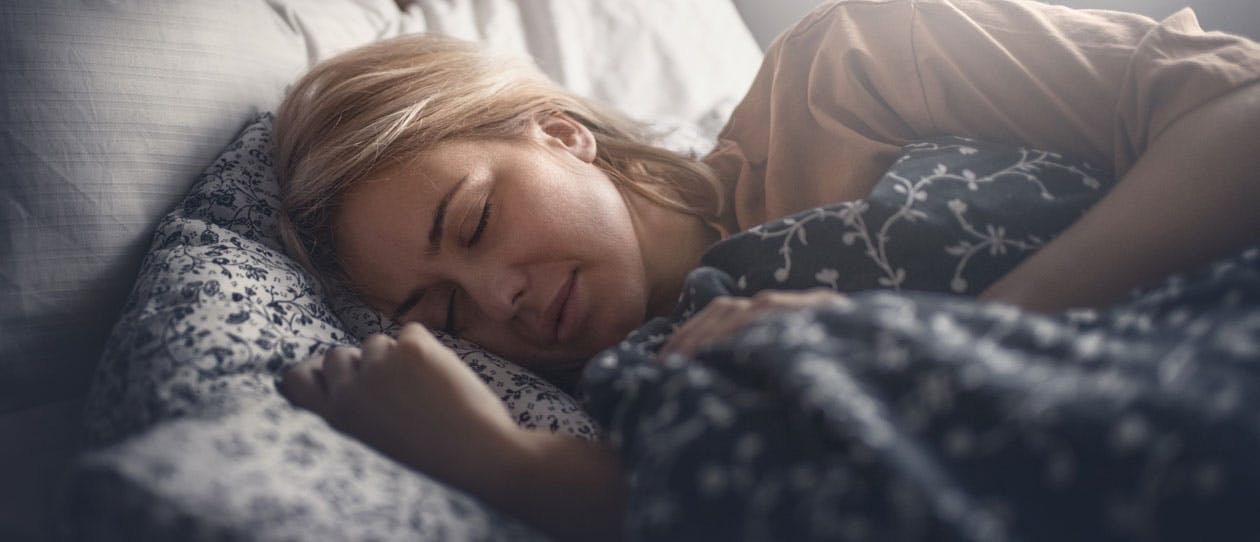Food and sleep
According to the experts, ‘not too little, not too much’ is a good motto to go by when it comes to how full your stomach should be at bedtime if you want to get a good night’s sleep. But with research showing that what you eat also plays a role in determining your sleep quantity and quality, it pays to choose your foods wisely, too .
Here are five foods that might help contribute to a good night’s sleep.
1. Soybeans
A 2019 study found that people who eat soybeans a few times a week are two-and-a-half times more likely to enjoy good-quality sleep.
The researchers say it may be because soybeans are a rich source of isoflavones, which are plant-derived compounds that act a bit like the hormone oestrogen. That’s key because oestrogen is known to influence both sleep duration and quality .
Soybeans can be eaten in a few different ways including as tofu, edamame, miso and
tempeh.
2. Pumpkin seeds
These are a good source of magnesium, which plays a key role in improving sleep quality by helping to regulate the body’s
circadian rhythm – that’s your internal ‘clock’ that controls your sleep-wake cycle.
Plus, they also contain tryptophan, an essential amino acid that your body converts into a brain chemical called serotonin, that controls sleep. A 30g serve of pumpkin seeds contains about half of your
daily magnesium requirements.
3. Wholemeal pasta
This type of pasta contains a ready supply of magnesium, tryptophan and carbohydrate, a regular intake of which improves your odds of enjoying good sleep quality . One explanation for that is that carbohydrates help to drive tryptophan across the blood-brain barrier so it can be converted into sleep-inducing serotonin.
4. Kiwifruit
A US study found that eating two of these in the evening significantly increased both the total time spent asleep and something called ‘sleep efficiency’, which is the percentage of the total time in bed actually spent sleeping . It may be due to the fruit’s antioxidant and serotonin content.
5. Green leafy vegetables
The same 2019 study that identified soybeans as being a sleep-friendly food discovered that green leafy vegetables may help to promote a good night’s sleep, too. As well as containing both tryptophan and magnesium, they’re also a good source of dietary fibre, another nutrient that’s associated with deeper and more restorative sleep.
Hold the sugar and the fat
It goes without saying that caffeine-containing foods and drinks, like coffee, tea and chocolate, can throw a spanner in your brain’s sleeping plans. In fact, according to one study, caffeine can even reduce sleep time when it’s consumed as much as six hours before bedtime.
But it pays to go slow on high-sugar, high-fat foods, too. Studies show that people who have a higher intake of fat and sugar have lighter, less restorative sleep and wake up more during the night, too.
And avoid eating anything too close to your bedtime, after a Brazilian study made the link between late-night snacks and an increased risk of experiencing fragmented sleep. As a rule, make the two hours before bedtime a food-free zone.


